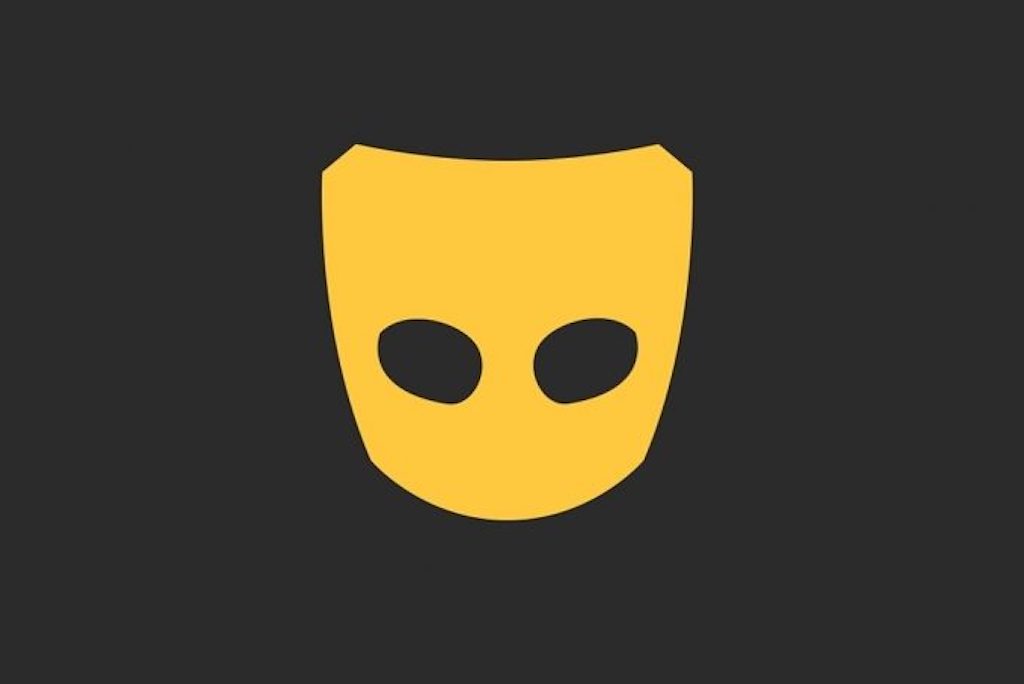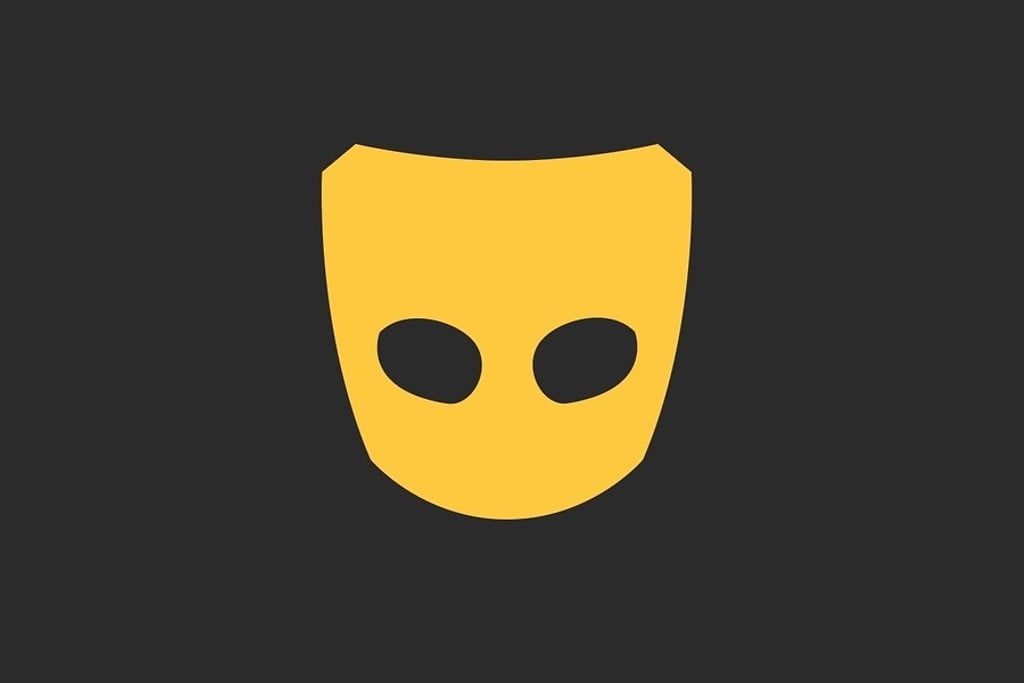Grindr Is Rolling Out Voice Messaging And It Can’t Possibly Go Well
"The new 'are you masc?' is gonna be 'send me a voice message'."

In case typing proves a little too difficult, queer dating and hookup app Grindr has introduced voice messaging into the fray — and lots of users are fearful the feature will only encourage the app’s already discriminatory userbase.
Grindr, which is predominantly used by queer, male-identifying people, rolled out the voice feature across select countries last week, promoting it as a way for “even more instant” connection. By our testing, it’s currently available in Australia.
“The sound of someone’s voice says a lot about them. That’s why we added audio messages, an easy and authentic way to connect and express yourself,” Grindr wrote in a statement.
Which, for several users, is exactly the issue: for effeminate-sounding users, their own voice may become a weapon to be used against them by Grindr’s prolific ‘masc 4 masc’ community.
This community usually weeds out non ‘straight acting’ users through the use of the “no fats, no femmes” slogan across user profiles — and now, as queer writer John Paul Brammer points out in his weekly column for Them, the potential use of voice memos to weed out effeminate voices.
Brammer’s not the only one who’s concerned. Many Grindr users took to Twitter to voice concern that the new feature could help propagate further internalised homophobia, as users are forced to adopt a more traditionally masculine, ‘straight acting’ voice — just as they might’ve while navigating their way through straight society:
Im not kidding tho. The new “are you masc?” is gonna be “send me a voice message.”
— Phillip Henry (@MajorPhilebrity) May 9, 2018
Grindr voice messaging is gonna be great pic.twitter.com/hhAfxlLx8U
— gay and undead (@kamilumin) May 9, 2018
Because the theatre of masculinity on Grindr wasn’t feeling quite robust enough. pic.twitter.com/uVerIh4fym
— Joel Kim Booster (@ihatejoelkim) May 9, 2018
Given that the Grindr community has a well-documented history of racism, it’s also possible that the memos could be used to weed out non-white users. One user tweeted that they were asked to send a voice message to “prove” they didn’t have an accent.
Someone on Grindr just asked me to send them a voice message to prove I don’t have an Indian accent. WHAT A WORLD!!!!!!!!! pic.twitter.com/79GlAvBrdS
— Yusuf ?️? (@colouroffensive) May 11, 2018
Previously, Grindr tried to tackle issues of racism, body shaming and femme-phobia by founding Into, a digital magazine that promoted the stories of app users outside the ‘white muscle gay’ archetype, such as trans and non-binary people.
It’s not the first time Grindr has come under fire this year. In April, the company was criticised for sharing users’s HIV status with third parties.
